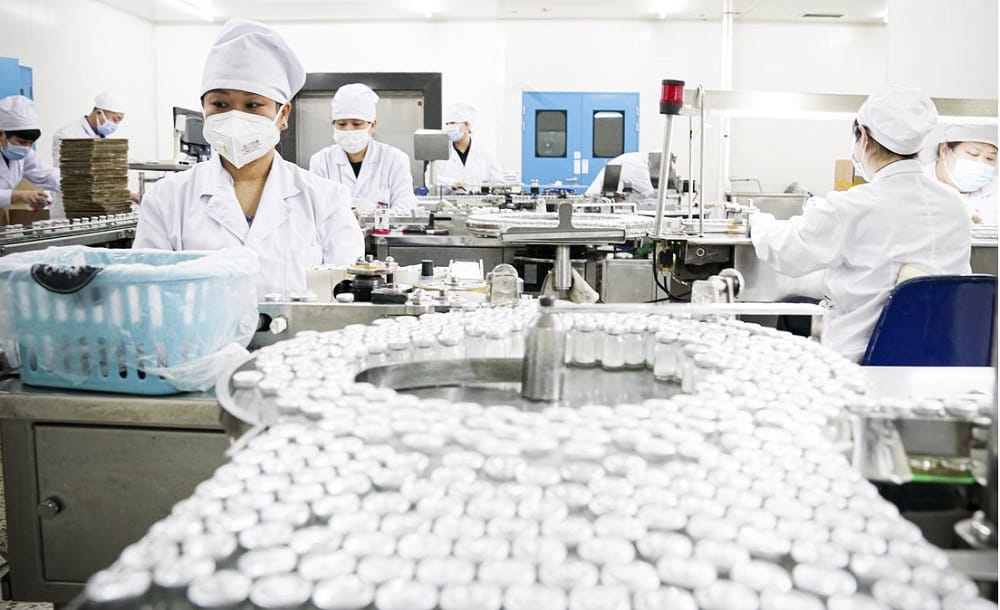What Are Pharmaceutical Packaging Jobs?
Pharmaceutical packaging jobs refer to positions that involve the preparation, labeling, sealing, and inspection of medicinal products before they are shipped to healthcare providers or consumers. These jobs exist across various levels and departments within pharmaceutical companies, including manual, semi-automated, and fully automated packaging lines.
Types of Packaging Roles:
- Packaging Technician: Operates machinery and ensures packaging specifications are met.
- Packaging Operator: Oversees specific stages in the packaging process.
- Quality Control Inspector: Ensures packaged products meet quality standards.
- Production Supervisor: Manages packaging teams and oversees compliance.
- Labeling Associate: Focuses on accuracy and regulatory standards for labels.
Key Responsibilities
The responsibilities in pharmaceutical packaging jobs vary by role but often include:
- Setting up and operating packaging machines
- Monitoring production lines
- Performing routine equipment maintenance
- Conducting visual inspections for quality control
- Adhering to safety and Good Manufacturing Practices (GMP)
- Completing documentation accurately (batch records, logs)
For example, a Packaging Technician may spend the day inspecting blister packs, ensuring they are sealed correctly, while a Labeling Associate verifies that all product labels comply with FDA regulations.
Required Skills and Qualifications
Depending on the position, requirements can range from a high school diploma to a degree in life sciences or engineering. Key skills include:
- Attention to detail
- Basic mechanical or technical ability
- Understanding of GMP and regulatory compliance
- Ability to follow Standard Operating Procedures (SOPs)
- Good communication and teamwork
Some advanced roles, such as Packaging Engineers, may require a bachelor’s degree in industrial engineering or related fields.
Why Pharmaceutical Packaging Matters
Pharmaceutical packaging is more than just wrapping a product. It plays a crucial role in:
- Ensuring drug stability: Protecting contents from contamination, moisture, and light
- Maintaining safety: Child-resistant features and tamper-proof seals
- Meeting legal standards: Complying with FDA, EMA, or WHO regulations
- Facilitating use: Ensuring correct dosage and easy access for patients
Mistakes in packaging can lead to recalls, patient harm, or legal consequences, underscoring the importance of precision and diligence in these roles.
Career Path and Growth Opportunities
Pharmaceutical packaging jobs offer promising career paths with chances for advancement. Entry-level roles can lead to supervisory or managerial positions with experience and further training.
Potential career growth:
- Packaging Operator → Packaging Supervisor → Production Manager
- Quality Inspector → QA/QC Lead → Regulatory Compliance Manager
Many companies offer in-house training, certifications, or tuition assistance to support employee development.
Work Environment and Conditions
These jobs are typically based in cleanroom environments or manufacturing facilities. Work conditions include:
- Shift work (day/night rotations)
- Standing for long hours
- Strict adherence to hygiene and protective protocols
- Team-based workflow with production targets
Despite the demanding environment, these jobs offer stability, especially given the constant demand for pharmaceuticals.
Salary Expectations
Salaries vary depending on location, experience, and company size:
- Entry-Level Packaging Technician: $30,000 – $45,000/year
- Packaging Operator: $40,000 – $60,000/year
- Packaging Supervisor: $60,000 – $85,000/year
Getting Started: How to Find Pharmaceutical Packaging Jobs
You can find job openings through:
- Company career pages (Pfizer, Johnson & Johnson, etc.)
- Job boards (Indeed, Glassdoor, LinkedIn)
- Recruitment agencies specializing in healthcare and pharma
Make sure your resume highlights relevant skills, certifications (e.g., GMP training), and previous manufacturing experience.
Final Thoughts
Pharmaceutical packaging jobs are essential to the safe and efficient delivery of medications worldwide. These roles offer stable employment, opportunities for growth, and a meaningful impact on public health. If you value precision, compliance, and contributing to healthcare solutions, this career path may be an excellent fit.
For further insights on pharmaceutical manufacturing careers, visit FDA – Drug Manufacturing.

